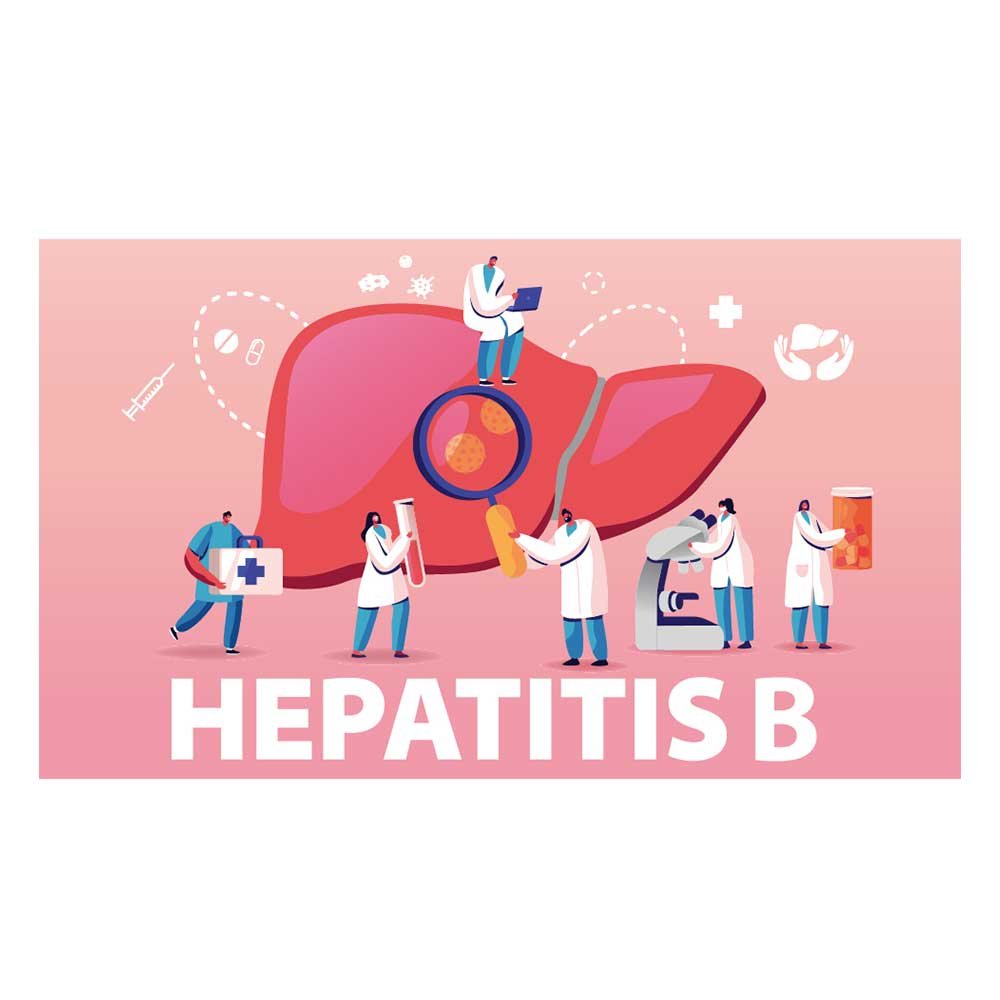Hepatitis B: Understanding the Threat and the Path to Prevention and Treatment

Hepatitis B is a serious, highly infectious liver disease caused by the hepatitis B virus (HBV), affecting millions of people around the globe. This viral infection can manifest as either acute or chronic, and if left unmanaged, it can lead to severe and potentially life-threatening complications. Raising awareness, promoting prevention, and ensuring timely access to diagnosis and treatment are essential to reducing its global health burden.
What Is Hepatitis B?
Hepatitis B is a liver infection transmitted through contact with infected blood or other bodily fluids. Common modes of transmission include unprotected sexual activity, sharing needles or personal hygiene items, and mother-to-child transmission during childbirth. HBV is a particularly resilient virus, capable of surviving outside the body for extended periods, which increases the risk of transmission. This makes preventive measures and early detection especially important.
Health Impacts of Hepatitis B
The severity and outcome of hepatitis B depend on whether the infection is acute or chronic:
-
Acute Hepatitis B: This short-term infection develops soon after exposure to the virus. Symptoms may include fatigue, jaundice (yellowing of the skin and eyes), nausea, vomiting, and abdominal discomfort. In most healthy individuals, the immune system can clear the virus naturally within six months.
-
Chronic Hepatitis B: If the virus remains in the body for longer than six months, the infection becomes chronic. This long-term condition can cause progressive liver damage, increasing the risk of liver cirrhosis, liver failure, and liver cancer. Chronic hepatitis B requires ongoing medical care and monitoring.
Prevention Measures
-
Vaccination: The most effective way to prevent hepatitis B is through vaccination. Safe and effective for all age groups, the vaccine is especially important for newborns, healthcare workers, and individuals at higher risk of infection.
-
Safe Practices: Preventing transmission also involves using barrier protection during sex, avoiding the sharing of razors, toothbrushes, or needles, and ensuring all instruments for tattoos, piercings, and medical procedures are properly sterilized.
Importance of Early Diagnosis
Early detection is vital, particularly for high-risk groups such as healthcare providers, individuals with multiple sexual partners, and babies born to infected mothers. Diagnosis is confirmed through blood tests that check for HBV infection markers and evaluate liver function. Early detection allows for prompt intervention and better health outcomes.
Treatment Options
-
Acute Hepatitis B: Most cases do not require specific treatment. Supportive care—such as adequate rest, hydration, and regular monitoring—is usually sufficient, as the immune system often eliminates the virus naturally.
-
Chronic Hepatitis B: Long-term infections require consistent management. Antiviral medications help suppress the virus and reduce liver inflammation, lowering the risk of complications. Patients also need regular medical follow-ups and lifestyle adjustments to maintain liver health.
Global Burden and Call to Action
Hepatitis B continues to be a major public health challenge, particularly in regions with limited healthcare infrastructure. Efforts to expand vaccine programs, improve public awareness, and ensure access to diagnostic tools and treatment options are critical to reducing its global impact.
Ensuring Access to Life-Saving Treatments
For patients living with chronic hepatitis B, uninterrupted access to effective antiviral medications is essential. Pharmaceutical supply chains—especially dependable exporters of key drugs such as Entavir (Entecavir)—play a crucial role in supporting global treatment initiatives. Strengthening these partnerships ensures a steady supply of medication, supports consistent patient care, and ultimately improves health outcomes worldwide.

